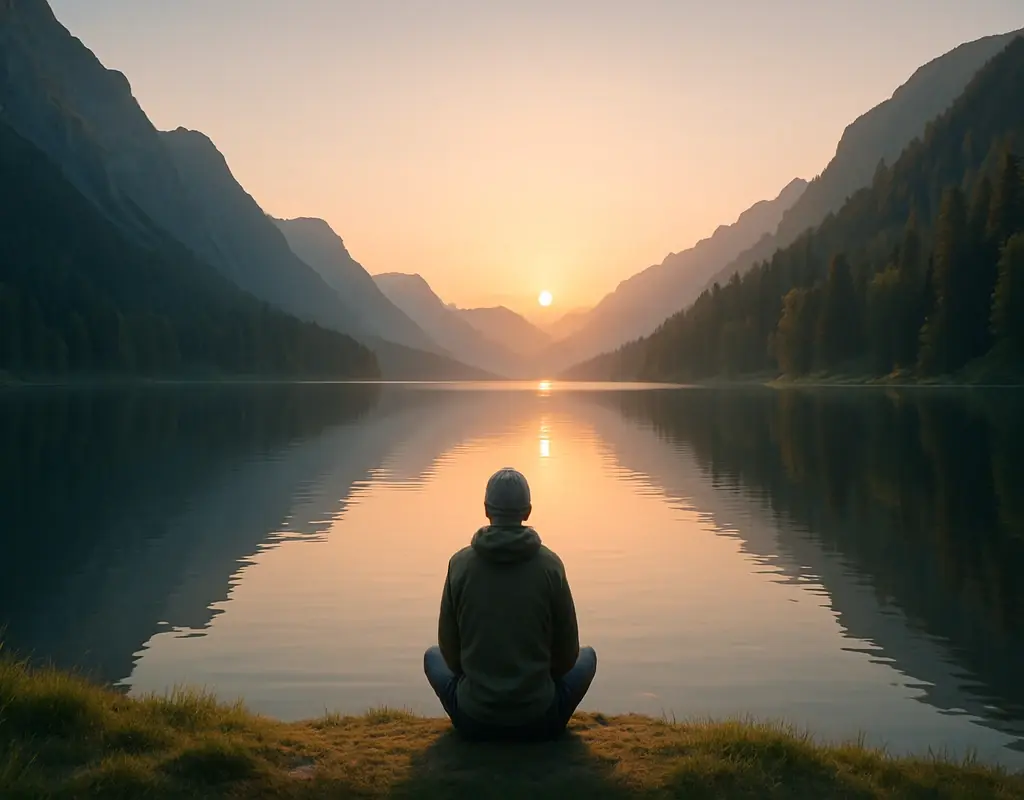Quiet Travel: Why Silent Escapes Are the New Luxury
Quiet travel is rapidly becoming the trend of 2025 — a movement toward slower, calmer journeys that swap crowded hotspots for silence, nature, and deep reset.

If travel in the 2010s was about ticking off bucket-list cities and collecting Instagram-perfect moments, 2025 has ushered in a very different kind of adventure. It’s quieter, slower, and far more intentional. It even has a name: quiet travel — a global movement focused on silent retreats, remote escapes, and journeys that strip away noise instead of adding to it.
At first glance, it seems counterintuitive. Why would anyone travel across the world to do… less? But after a decade saturated with overstimulation, crowded attractions, and the constant hum of digital life, travelers are craving space — not schedules. They want to hear birds instead of traffic, waves instead of notifications, and the sound of their own thoughts instead of airport announcements.
Quiet travel isn’t about isolation or going entirely off-grid. Instead, it’s about intentionally choosing environments that slow you down — forest cabins, lakeside cottages, small villages, eco-lodges, and nature-focused stays where nothing feels urgent. Travelers are trading fast-paced itineraries for places that feel like an exhale.
A major driver behind the trend is burnout. Studies show that many people return from traditional vacations more exhausted than when they left. Rushing from tour to tour, trying to “make the most” of a trip, leaves little room for actual rest. Quiet travel flips this mindset: the goal isn’t to see everything — it’s to finally feel something.
Destinations around the world are responding quickly. Japan is promoting forest sanctuaries. Scandinavian regions are highlighting silent fjord journeys. Rural towns in Europe, Asia, and the Americas are positioning themselves as calm alternatives to crowded cities. Even popular tourism boards are beginning to spotlight lesser-known natural areas, emphasizing stillness rather than spectacle.
One surprising benefit of quiet travel is how it reshapes memory. Travelers report recalling quiet trips more vividly. Without constant noise and stimulation, the brain forms deeper impressions — the smell of pine trees, the rustle of wind through grass, the slow rise of fog over still water. Silence sharpens the senses and reveals details we usually rush past.
Quiet travel also aligns naturally with sustainability. Slower movement, fewer internal flights, longer stays, and nature-focused experiences typically reduce environmental impact without forcing travelers to “try” to be eco-friendly. The lifestyle itself encourages gentler footprints.
Quiet travel isn’t for everyone, but for many, it feels like a relief — a gentle rebellion against a world that constantly demands urgency. It invites travelers to step away from noise, reconnect with themselves, and rediscover the joy of being truly present.
In a world getting louder every year, silence has become the new luxury.